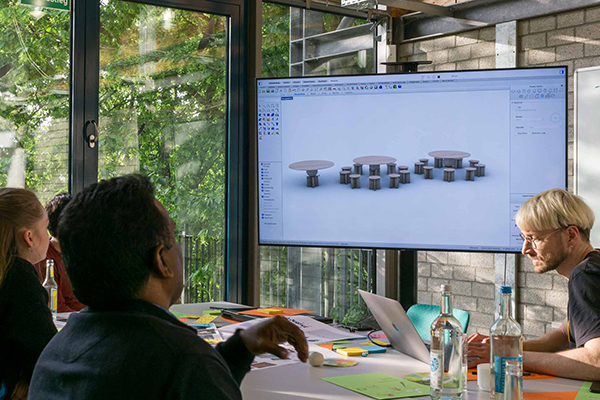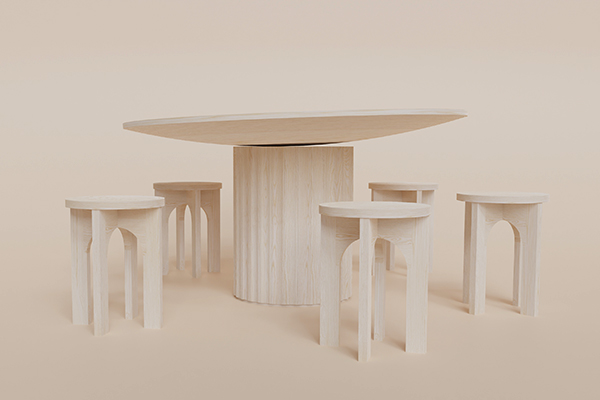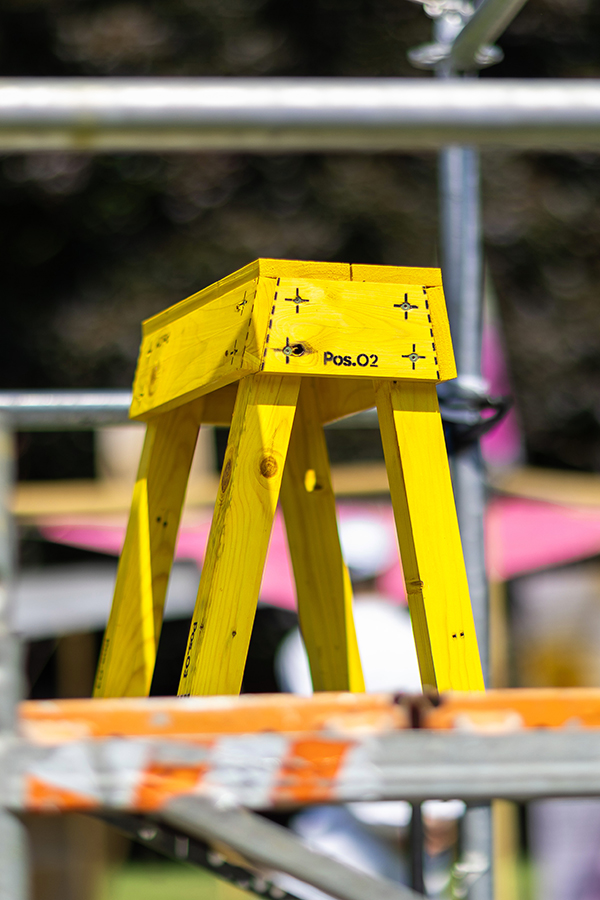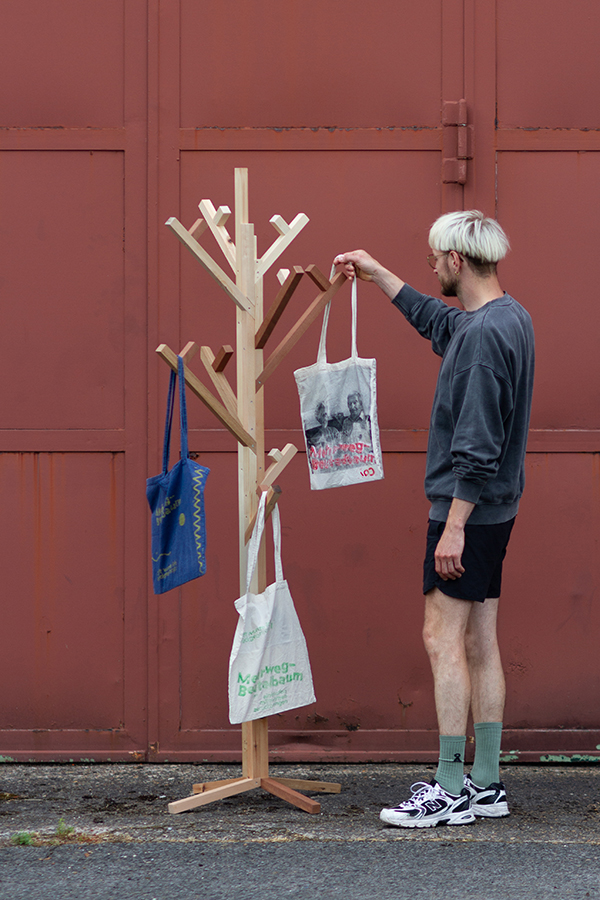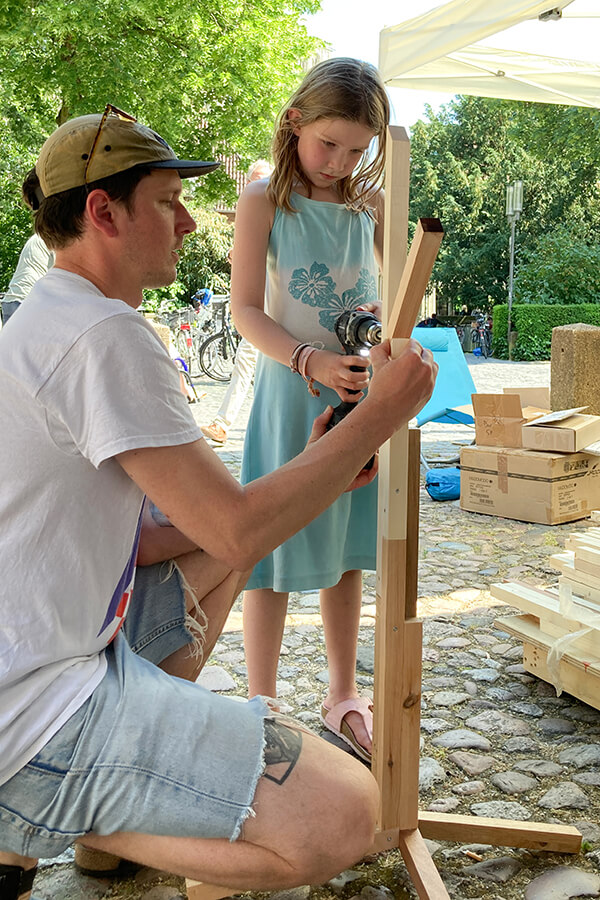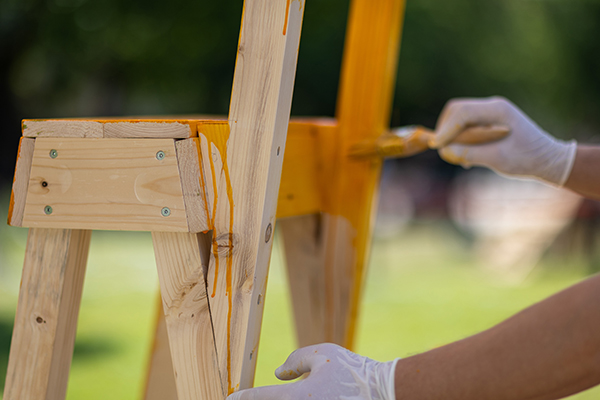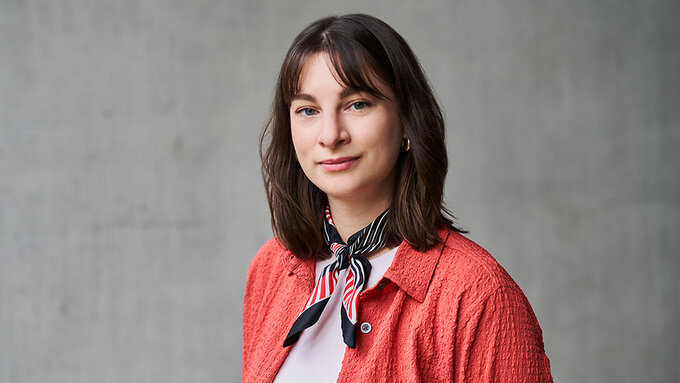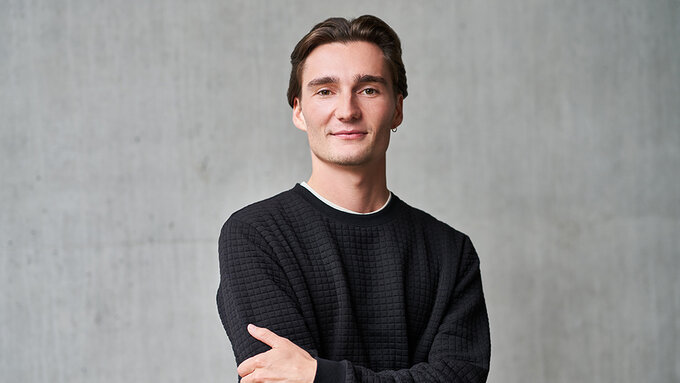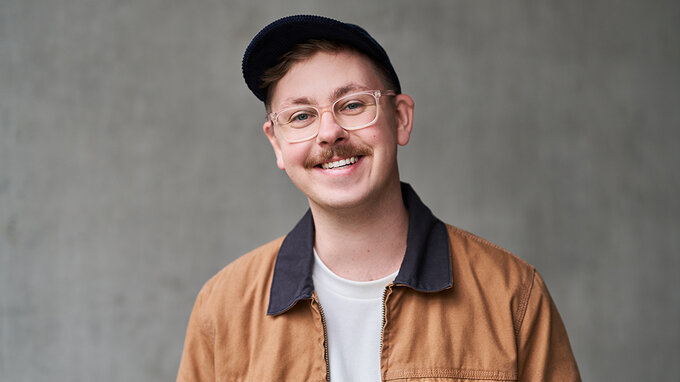Studio Formagora
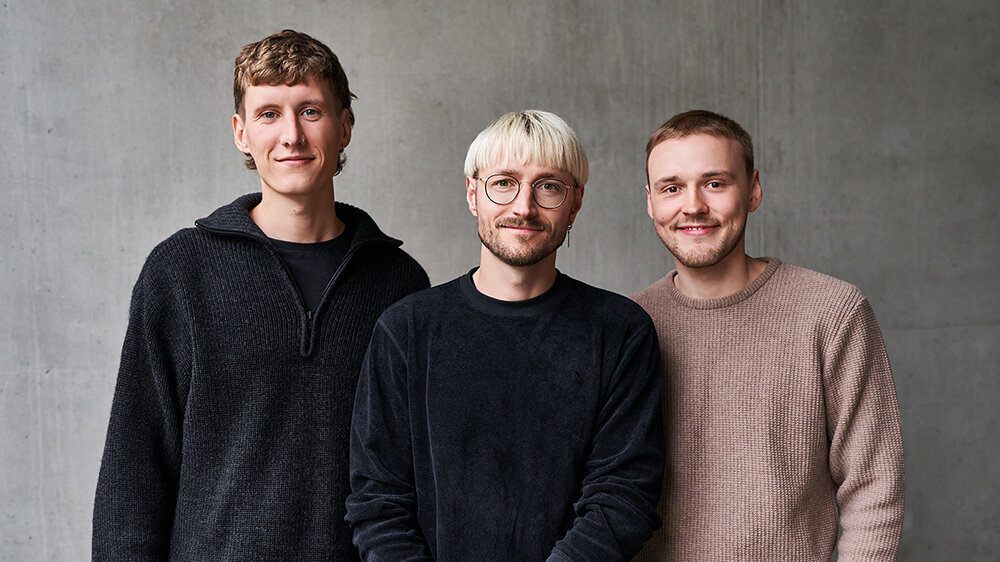
studio formagora is a young studio for social design and transformative processes founded in Münster in 2022. studio formagora was founded by Finn Blankenberg (*1996 in Hamburg), Nick Potter (*1994 in Reinbeck) and Esra Heuermann (*1992 in Benkel). The three designers, who are also carpenters, met in their first semester at the Academy of Design of the Münster Chamber of Crafts and completed their studies in the same period from 2019 to 2022. studio formagora sees the design process as a tool and catalyst for change processes, whereby design is always understood politically by the three founders. Their thematic areas are socio-ecological change and participation. Encounters, furnishing public spaces and craftsmanship are core elements of their work.
Interview with studio Formagora
What does it mean for you and your work to be honoured as a finalist in the "German Design Award 2024 - Newcomer"?
We feel particularly encouraged in our work and our perspectives by being honoured as finalists. We also see this award from such a high authority as a symbol of change. We know the German Design Council as a traditionally business-orientated foundation. At studio formagora, we focus on the social impact of our work rather than its economic viability. Our work scrutinises current design and production practices. We scrutinise "What are we working for?" rather than "What are we creating?". Something like this is rarely honoured, as we have experienced so far. That's why it means a lot to us.
What motivated you to found the design studio formagora together?
During our studies, we realised how enriching the diversity of the design we bring to the table is. We were united by the need to create a holistic, good design. In our first joint projects, we then realised how effectively we could use design to create added social value and stimulate transformation processes. That inspired us. When we started looking for opportunities to apply this design practice in the greater Münster area during our studies, we realised that we wouldn't find any employers. So we decided to found studio formagora together.
Empowerment and cooperation are very important to you - how do you utilise your different strengths in your collaboration at studio formagora?
We have different personalities, different interests, design approaches, motivations and goals. It can sometimes be difficult to combine these. It's important to us that everyone can develop further when working together. We try to find room for this in the design process and always work according to the consensus principle when making decisions. In this way, we discuss and develop high-quality results from the diversity.
You want to promote socio-ecological change. What does responsible design mean to you and what criteria do you apply?
We can see from the geopolitical changes, the climate catastrophe, protest movements and much more that it is not enough to simply design the product. We have to pay attention to supply chains, environmental influences, production conditions, energy consumption, distributive justice and much more. As designers, we often have a better overview of this than many others. We therefore see it as our responsibility, but also our opportunity, to intervene in the entire process in a creative way. We cannot do this alone, but perhaps as moderators of multi-professional teams. What is very important to us is that we want to design for people and their needs. Not for a growth logic that has reached the planetary upper and lower limits for decades.
Public space, encounters and crafts are core elements of your work. How do you define and implement participatory design processes?
Genuine participation requires that we as designers relinquish our sole decision-making power, our exclusive right, and instead establish a democratic process. However, for this to really make sense and create added value, everyone involved must be empowered to make well-founded decisions. This requires continuity, time and resources. The design benefits massively from the knowledge of local people and iteration. So we must not make the mistake of thinking that participation is done with an information event. It is a lengthy, complex process that always requires an open outcome. But the special thing about it is that a participatory design process can be a social process - encounters or even friendships are created. People are also empowered to play an active role in shaping their own environment. And often this is still a privilege: language, time, capacities or knowledge can be barriers to being able to participate in public participation processes.
Which of your previous work are you particularly proud of?
All our projects have taken us forward in different ways. The participatory design at schools, most recently at a vocational college in Bochum, is very touching on a personal level. Empowering people and encouraging them to rethink is very rewarding. That's also where we've been able to create the most holistic designs so far. Together with the pupils, we used an old wooden façade of the school building to build seating for a green classroom, among other things. The cooperation with the waste management companies in Münster is special because we are confronted with incredible amounts of materials and problems there, but this work is making big waves. Finally, it is important for us to say that our demands on our design practice mean that we are sometimes unable to express ourselves as creatively as we would like. In the "Peace Table" project, however, we had a stage for this. Together with workshop participants, we discussed the topic of peace. We then designed a table and matching stools based on the workshop results. We are very proud of the results.

